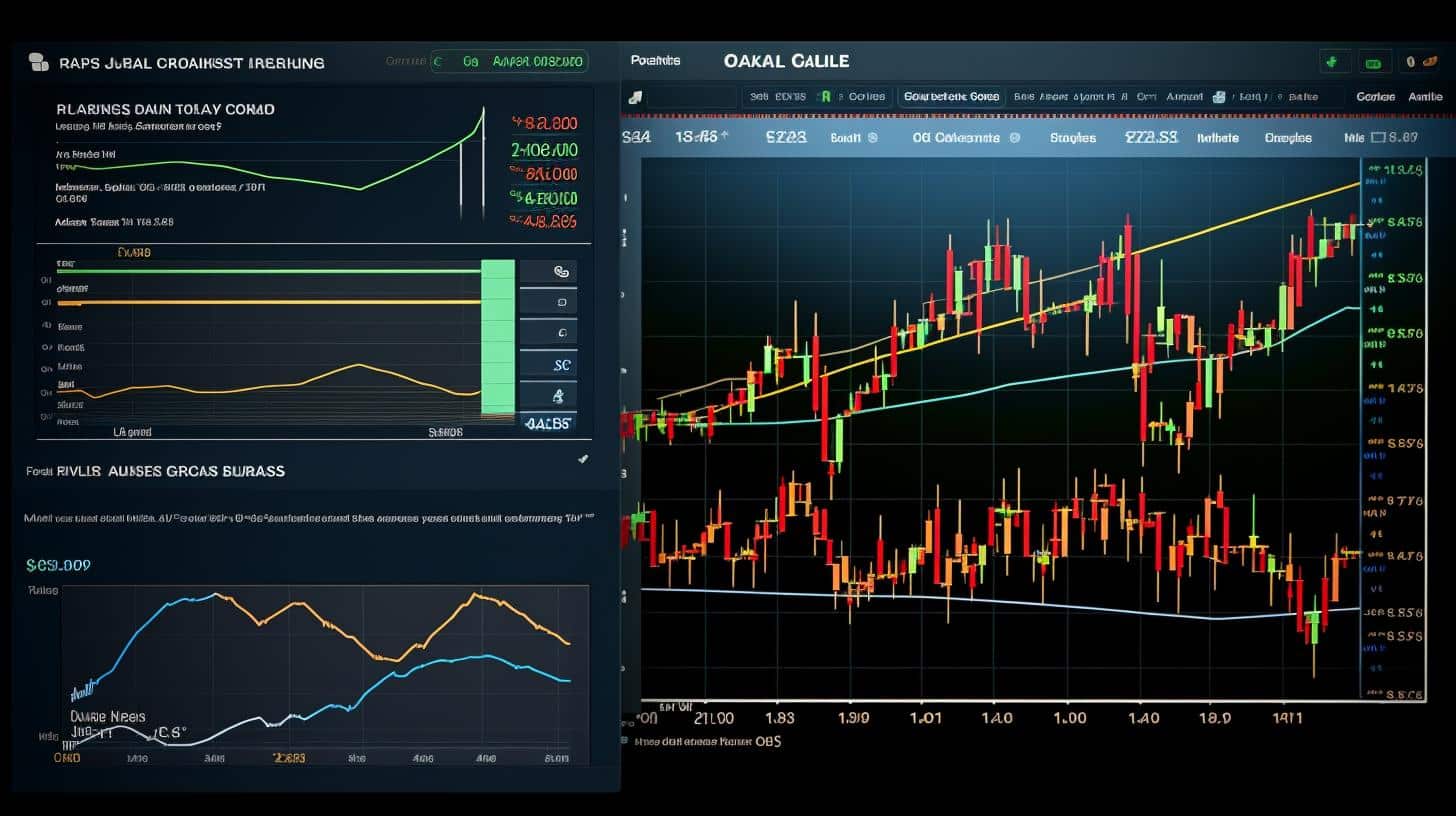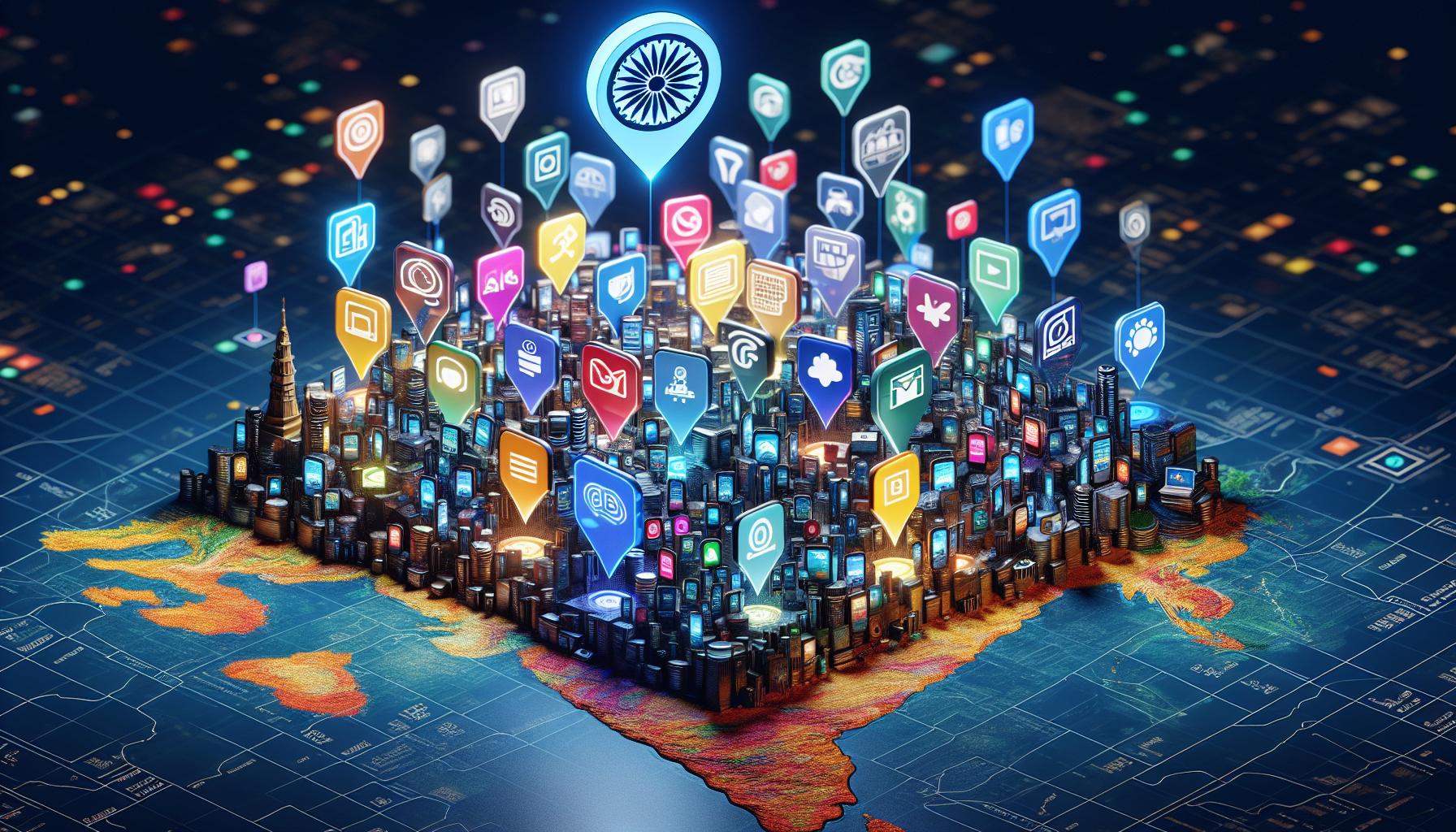AI's Expanding Influence in Space Technology
In a recent discussion at the World Satellite Business Week in Paris, industry leaders highlighted the transformative power of artificial intelligence (AI) in space. Clint Crosier, the director of aerospace and satellite at Amazon Web Services (AWS), emphasized that the industry is on the brink of harnessing the full potential of generative AI. This advanced technology, which uses deep-learning models to generate predictions and content, is set to revolutionize how we interact with data collected from space.
Bridging Policy and Technology
Key figures like Rika Nakazawa from NTT, a major Japanese telecom company, advocate for private forums where tech providers can educate policymakers and industry players about AI advancements. This strategy is designed to minimize public misconceptions about AI and promote the societal benefits of emerging technologies. By fostering collaboration across industries, these forums can also enhance AI's access to funding and support.
Real-World Applications and Innovations
An example of AI's practical application is AWS's partnership with Alteia, a French geospatial analytics firm, to assist the World Bank in infrastructure assessments. This collaboration demonstrates AI's ability to identify areas needing improvement, particularly in developing nations, thus supporting economic growth. As Clint Crosier points out, the ways we currently use AI are just a glimpse of its future potential.
Increasing Orbit Capabilities
The drive for more sophisticated AI and machine learning (ML) tools is pushing for enhanced computing capabilities in orbit. The vast amounts of data collected from space require AI to process and analyze it in real-time. This shift in focus, from improving image resolution to minimizing latency and maximizing real-time data processing, showcases AI's pivotal role in the evolving space industry.
AI's Role in Addressing Global Challenges
AI's potential extends beyond technological advancements; it holds promise in tackling global issues like climate change. By processing data from space in real-time, AI can provide insights crucial for environmental management and other sectors such as agriculture, healthcare, insurance, and energy.
This ongoing evolution in AI capabilities highlights the importance of fostering collaboration between technology leaders and policymakers to ensure these advancements are utilized effectively for societal benefit.













